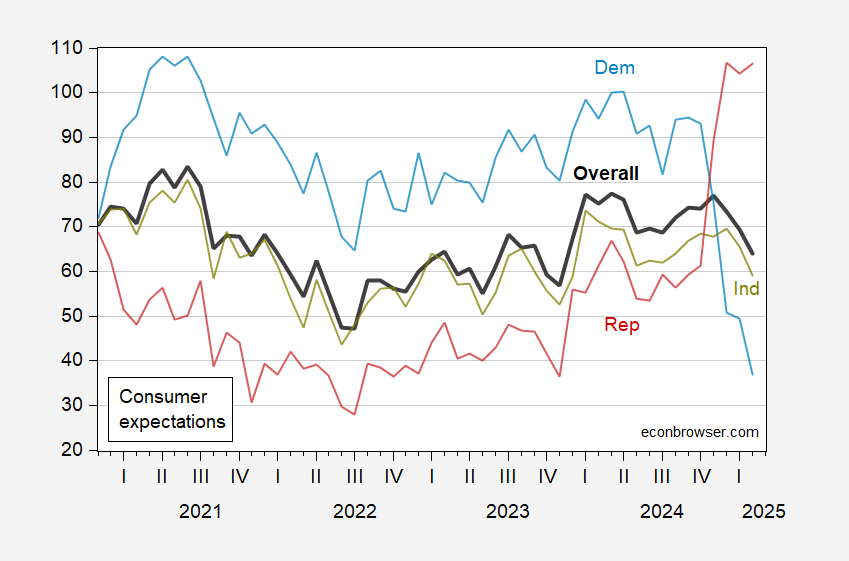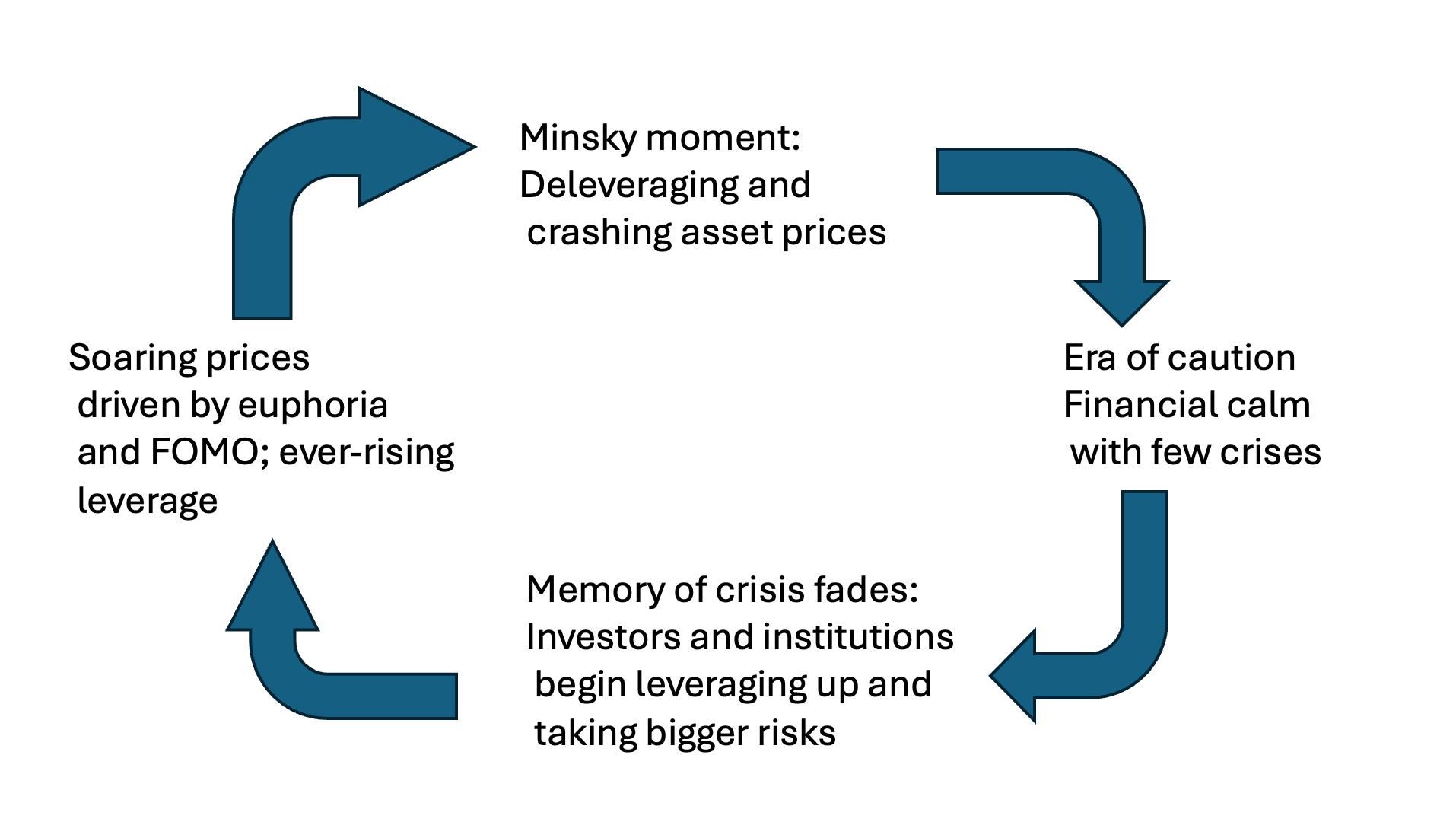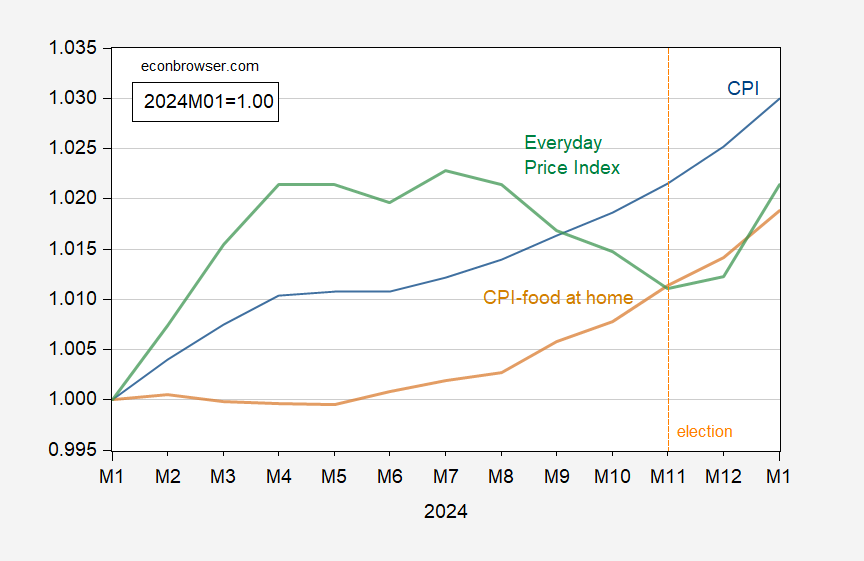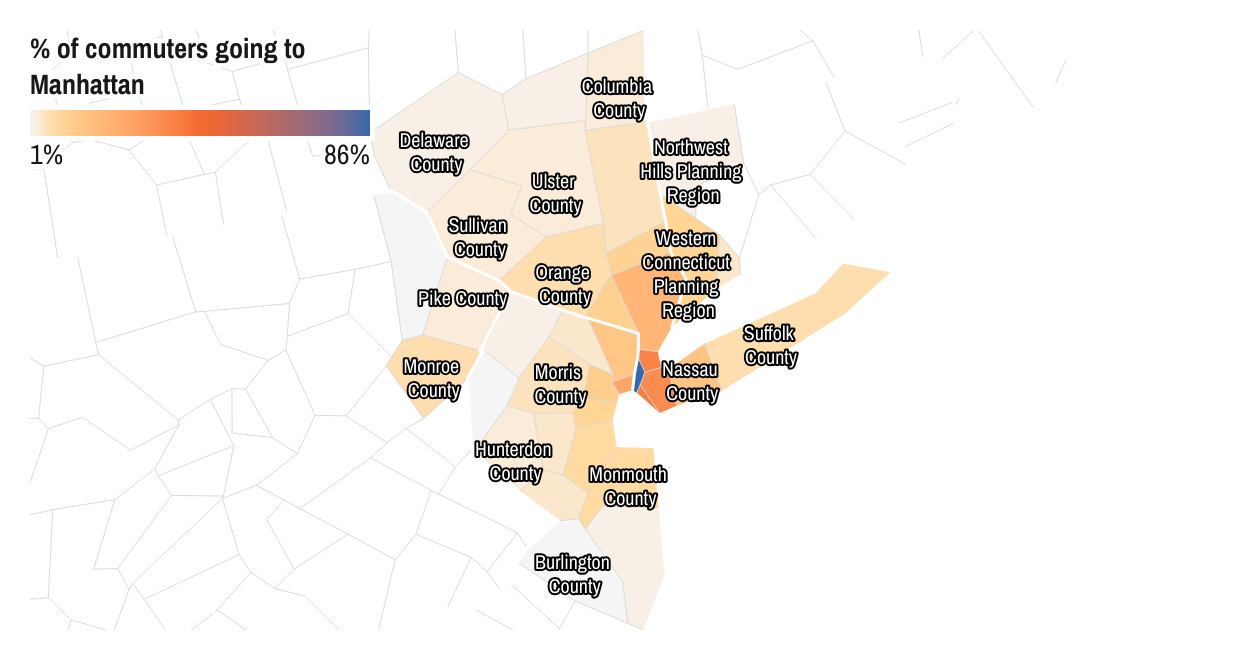3461. Why I’m Not Very Worried about the 2032 Asteroid
David Henderson discusses the low probability of the 2032 asteroid causing significant harm, emphasizing its likely impact on sparsely populated areas rather than global catastrophe.
your daily dose of economic commentary
David Henderson discusses the low probability of the 2032 asteroid causing significant harm, emphasizing its likely impact on sparsely populated areas rather than global catastrophe.

Menzie Chinn discusses consumer expectations and inflation trends, highlighting significant changes in sentiment and potential implications for economic stability.

Vance Ginn discusses the importance of limited government, economic freedom, and individual rights as essential for prosperity and liberty in society.
David A. Price interviews Alan Auerbach about the U.S. federal debt, Social Security, and the impact of inflation on fiscal policies and benefits.

Bill McBride discusses the decrease in existing-home sales in January, highlighting regional trends and year-over-year improvements in inventory and sales rates.

Paul Krugman discusses the detrimental effects of the Musk/Trump administration's policies on financial regulation and the potential for a future financial crisis.
Robert Vienneau critiques marginalist economics, particularly its treatment of capital and inconsistencies in equilibrium models, advocating for a modernized classical political economy instead.

Noah Smith discusses how America's leadership under Trump is compromising national security through withdrawal, disarmament, and deindustrialization, drawing parallels to historical concessions after major conflicts.

Scott Sumner discusses the political implications of Trump's actions regarding New York City's congestion pricing and critiques the performance art aspect of modern policymaking.

Menzie Chinn evaluates price trends and indices related to consumer goods during the early days of Trump's second term, highlighting public dissatisfaction with price reductions.

Nate Silver discusses the implications of New York City's congestion pricing, highlighting its benefits for commuters and the political backlash against it from figures like Trump.

Bill McBride discusses the significant increase in active home inventory reported by Realtor.com, highlighting trends in new listings and market conditions.
David Henderson discusses the importance of comparative advantage and the risks to free trade due to rising protectionist sentiments.
Conversable Economist discusses the evolving interpretation of NEPA and its implications for environmental permitting and infrastructure projects under recent presidential actions.

Bill McBride discusses record inbound traffic at LA ports in January, highlighting its implications for trade and economic trends.
Jon Murphy discusses how politics significantly influences international trade, affecting trade patterns and economic analysis despite the fundamental similarities with domestic trade.

Paul Krugman discusses the lies propagated by Elon Musk and Donald Trump, highlighting their incompetence and the consequences of their actions in government efficiency.

Scott Sumner discusses revealed preference as a method to analyze political behavior, particularly in relation to Donald Trump's foreign policy and his stance on Russia and Ukraine.

Bill McBride discusses the softening of architecture firm billings and its implications for commercial real estate investment in early 2025.

Timothy Taylor discusses the challenges Europe faces in achieving a true single market, highlighting internal trade barriers that hinder economic growth and integration.